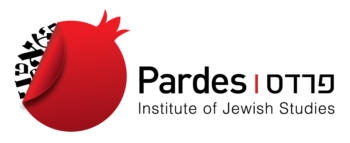Commentary on Parashat Yitro, Exodus 18:1-20:23
Questions
1. Where was Yitro from?
2. What were the names of Moses and Zipporah’s two sons? What do their names mean?
3. What convinced Yitro that God was greater than all other gods?
With your help, My Jewish Learning can provide endless opportunities for learning, connection and discovery.
4. Yitro suggested to Moses that he choose able men to be rulers (judges). What were the qualities that these judges needed to possess?
5. God spoke to Moses from the mountain, and told him to tell the people that if they would truly listen to what God said and obey the mitzvot, their reward would be what?
6. What did God tell Moses would happen to the people if they broke the boundaries God had set?
7. What are the first five commandments given by God to Moses?
8. What are the last five commandments given by God to Moses?
Answers
1. Yitro was the priest of Midian (18:1).
2. Gershom and Eliezer. Gershom means “I have been a stranger in a foreign land.” Eliezer means “The God of my father was my help, and He delivered me from the sword of Pharaoh” (18:3-4).
3. God redeemed the Israelites from the Egyptians (18: 10-11).
4. The judges needed to be God-fearing, trustworthy, and hating of unworthy gain (18:21).
5. They would be God’s own treasure from among all peoples, God’s kingdom of priests, and a holy nation.
6. They would be put to death (19:12).
7. I am the Lord, thy G-d, who brought you out of the land of Egypt. You will have no other gods besides Me. You will not take God’s name in vain. Remember the Sabbath day and keep it holy. Honor your father and your mother that your days may be long (20: 1-12).
8. You shall not murder. You shall not commit adultery. You shall not steal. You shall not bear false witness against your neighbor. You shall not covet your neighbor’s house, his wife, his man and maidservants, his ox, his donkey, or anything else of his (20:13-14).
Provided by special arrangement with the Pardes Institute of Jewish Studies.



